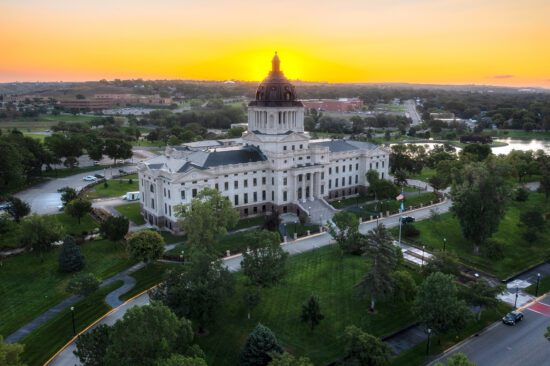I serve as a leader in three primary arenas: husband, father, and pastor. Like every leader, I have to admit that I’m wrong sometimes. And when we’re wrong, our response is crucial for building trust in our families, on our teams, and throughout our organizations.
Leaders can be wrong for a variety of reasons. Sometimes we believe, develop, and/or share wrong information. We may bend the truth to support our agenda. We may have genuinely misinterpreted data, trends, interactions, or experiences that lead to being wrong about the facts. Other times, leaders make wrong decisions. Every leader has this experience, and when we do, we shouldn’t deny the obvious. Everyone with a brain can see when our decision doesn’t produce the intended results.
Furthermore, sometimes leaders hurt people because we are human. We can hurt others by misusing our position, being too harsh with our words, being dishonest, cutting corners, or being self-serving. People that serve with us see this, they talk about it, and they don’t forget it. When you hurt somebody, you better do something about it.
Repentance is a must
Leaders should be first to admit it when we realize we’re wrong. We hate the embarrassment of being wrong, so there’s a strong urge to cover it up. Or worse yet, we have an impulse to double down on the wrong decision or information. But we need to resist the urge. Instead, we need to get out in front of it to own the situation completely and quickly.
When we’re wrong, we need to correct the error as soon as possible instead of making excuses. If we have actually wronged someone, we should make it as right as we can, as quickly as we can. When people see us own a bad decision, bad information, or even a character failure, it shows them that we are human and humble. Plus, it gives them a good example to follow when they mess up.
We, as leaders, can’t lead anything effectively without being a “repenter.” Repentance is a Bible word that means to change our thinking. When we mess up, we need to change our thinking about what we did that messed it all up. Everybody agrees that leaders need to be willing to change in order to be successful, but we are often reluctant to admit or announce publicly that we are making a change. This shouldn’t be the case. So, how should leaders repent of wrongdoing?
Here are a few suggestions:
- We take ownership for our failures, mistakes, sins, or errors. We don’t make excuses. We don’t point fingers. We own it in front of whoever needs to know that we own it.
- We don’t negotiate or grow bitter about the consequences. We own it and let the chips fall, while hoping for grace and mercy from those affected.
- We don’t critique the people who have to handle the fallout from our errors. Sure, they could have handled it better. But if it wasn’t for us, they wouldn’t have had to handle it at all!
- We say, “I’m sorry. I was wrong. Will you please forgive me?”
A leader who won’t repent is seen as arrogant, inflexible, and egotistical—and this character will be reproduced throughout the organization. An organization full of non-repenters is headed for trouble. Plus, it’s no fun to be there. When we repent as a spouse, parent, friend, coworker, or even a pastor, it affirms what people already know—we aren’t perfect. Repentance acknowledges our need for grace from God and other people.
It’s vital for Christian leaders to respond quickly, humbly, and correctly when we are wrong, not only for our leadership, but for our souls. Repentance is at the heart of Christian discipleship, and efforts at reconciliation and restitution reflect true gospel understanding. The paradox of repentance (especially acts of public contrition) is that an apparent act of leadership weakness actually builds leadership strength. And that is why every great leader—especially a great Christian leader—needs to learn to be a great repenter.










